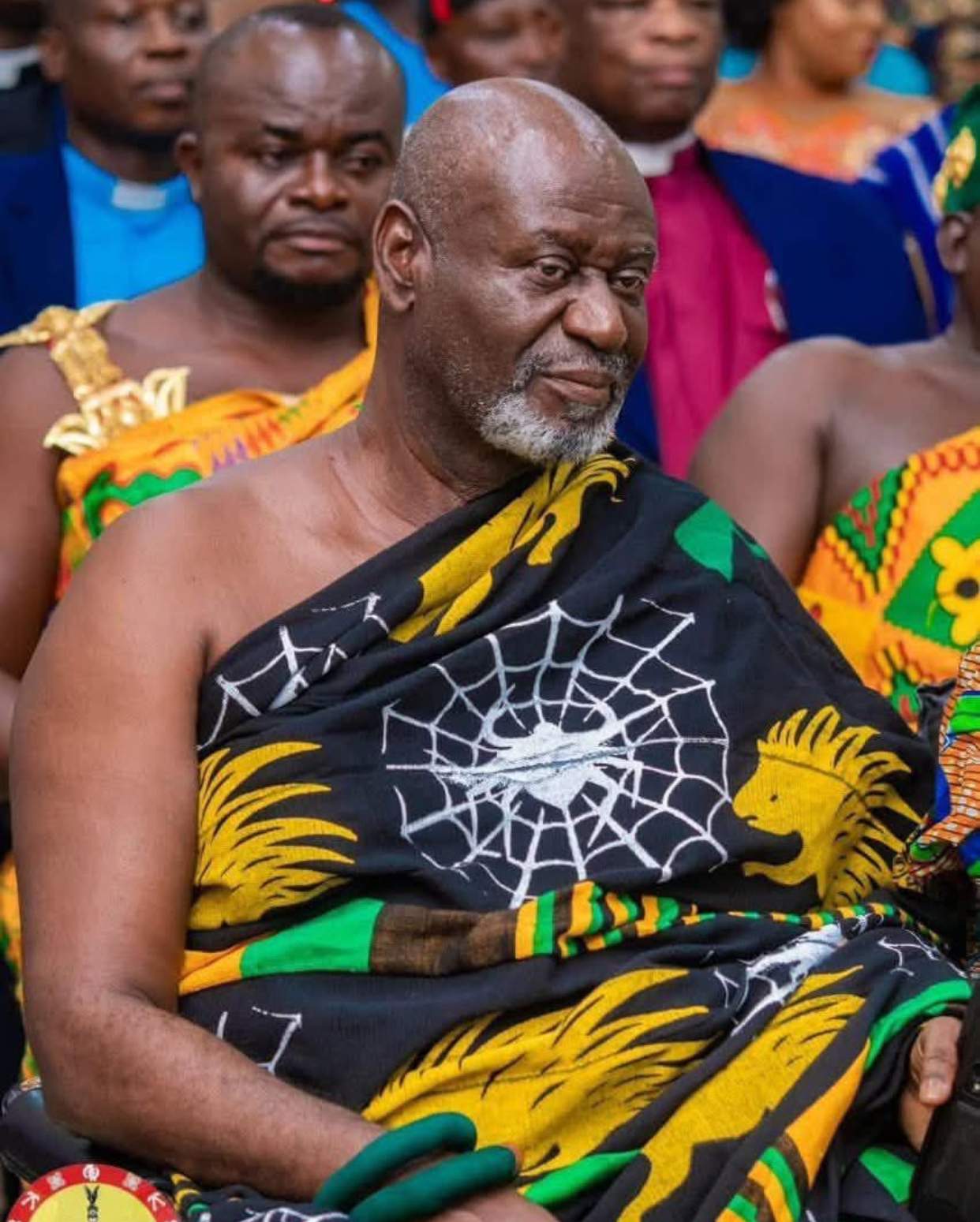What is love ?
Love is one of the most profound and universal human emotions, yet its meaning can vary from person to person. It has been explored in literature, philosophy, psychology, and science, each offering a unique perspective on what love truly is. From the deep affection shared between family members to the passion of romantic relationships and the selflessness of unconditional love. From the effortless love between friends to the constant love God gives to His creation, this powerful emotion plays a vital role in shaping human relationships.
Types of Love
Romantic Love
Romantic love is perhaps the most commonly discussed form. It involves emotional and physical attraction, deep intimacy, and a strong connection between two individuals. It is often characterized by passion and companionship and can evolve over time from infatuation toto a deeper, more enduring bond.
Agape Love
The love between family members, such as that between parents and children or siblings, is a natural and unconditional bond. This type of love provides a foundation for emotional security, trust, and lifelong support. This kind of love can also be found in friendships.
Platonic Love
Platonic love refers to deep friendships that are not based on romantic or physical attraction. These relationships are built on trust, mutual respect, and shared experiences, contributing significantly to an individual’s emotional well-being.
Self-Love
Self-love is the foundation of a healthy and fulfilling life. It involves self-acceptance, self-care, and recognizing one’s worth. Loving oneself allows individuals to cultivate positive relationships with others and maintain overall well-being.
Unconditional Love
Unconditional love is love without expectations or conditions. It is often associated with parental love or a deep spiritual connection. It represents pure, selfless affection that remains strong despite challenges or shortcomings.
The Science of Love
From a scientific perspective, love is more than just an emotion—it is a complex interplay of biological and psychological processes. Neurotransmitters like dopamine, oxytocin, and serotonin play key roles in fostering attachment and deep emotional bonds. Studies suggest that love activates brain regions associated with pleasure, reward, and emotional security.
Love in Philosophy and Literature
Throughout history, love has been a central theme in philosophy and literature. Ancient Greek philosophers categorized love into different types, such as Eros (romantic love), Philia (friendship), and Agape (selfless love). Literature, from Shakespeare’s sonnets to modern romantic novels, continues to explore love’s joys and complexities.
The Importance of Love
Love influences every aspect of life—it fosters connection, provides emotional support, and enhances personal growth. It strengthens relationships, brings happiness, and gives life meaning. Love Whether experienced through romance, family, or friendships, love remains an essential and transformative force.
Love is More than Emotions.
Love is not he feeling of butterflies usually felt within ones body. You realise that in the Agape and Unconditional forms of love there are usually no butterflies associated. Rather it is a solid decision and commitment made to offer support and be there for another person regardless of their behaviour or response.
Conclusion
Love is an intricate and multifaceted emotion that defines human existence. It transcends cultures, generations, and individual experiences, reminding us of the power of connection and compassion. Whether it’s through romantic bonds, deep friendships, or self-love, love remains the essence of what it means to be human.


